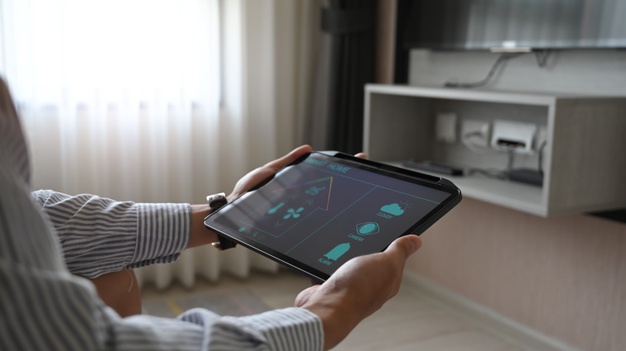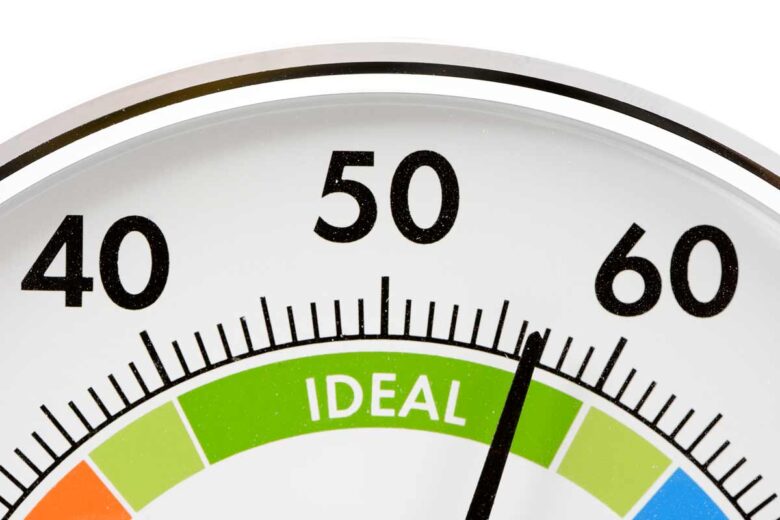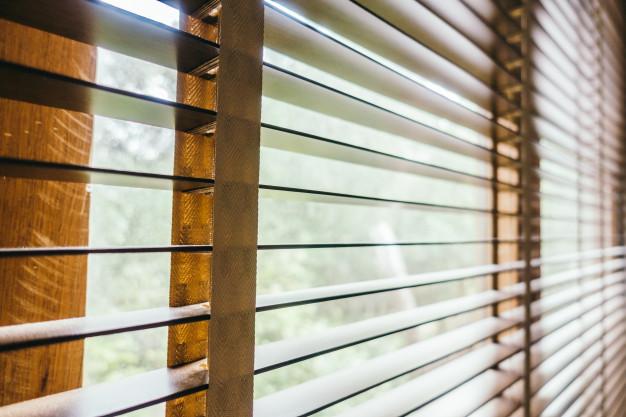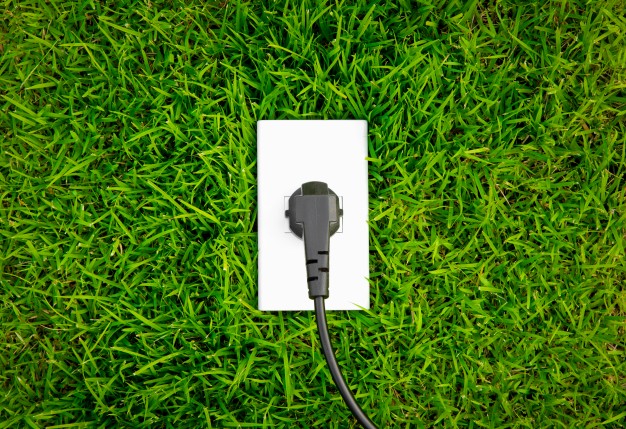The heat during extreme summer months can become unbearable. It disrupts your comfort as well as complicates your plans to reduce air conditioning costs. You actively work to use your air conditioner effectively and economically, but the bills at the end of the month leave you worried.
To reduce your stress, we’ve five tips to help you stay cool while saving energy this summer. From going smart to using a ceiling fan, the following changes in your lifestyle will help you get results:
- Smart air conditioning
- Maintaining indoor humidity
- Making use of fans
- Blocking sunlight
- Conducting a home energy audit
Let’s look go through all of them in detail.
Smart Air Conditioning

Going smart is the new way forward. Incorporating smart technology in daily life not only increases your comfort but also helps in reducing your expenditures.
This becomes especially true during summers when you let your air conditioner run even when you are not at home or operate it on full blast. All this leads to energy wastage, however investing in smart air conditioning can greatly help. While smart air conditioners may be quite expensive, you can always make your existing AC smart!
A smart air conditioner controller, by Cielo, can make any mini-split, window, or portable AC smart (that comes with an IR remote). A smart or programmable thermosat can be used if you have central air conditioning. Just pair your air conditioning system with these devices and enjoy the benefits of smart air conditioning.
These smart devices help you automate your home temperature and can also learn your desired settings with time. You can change the settings or turn your AC off when you are not at home using your smartphone or the geofencing feature. Additionally, they allow you to set schedules, room temperature-based triggers, and set humidity ranges. They even display reports about your energy usage and help save up to 25% energy.
Maintain Indoor Humidity

Humidity is one crucial factor while maintaining indoor temperature but is often overlooked. It must’ve happened many times that your air conditioner is running at its full capacity, but you still don’t feel comfortable. The cause of your discomfort may be high humidity levels inside your home.
The ideal indoor humidity levels should be between 30% – 50%. These numbers just set the boundary, and the exact answer depends on several other factors. These include your area’s climate, clothing, and personal needs.
During summers, the relative humidity is usually high. It disturbs the process of sweating, and you feel hotter. In a high humid environment, your home also feels stuffy. It can even trigger allergies and make you feel tired all the time.
You can solve all your humidity problems by pairing your air conditioner with a smart AC controller. They have in-built humidity sensors that detect the moisture levels inside your home. Not only that, but using features like Comfy Mode, you can set and maintain a humidity range for your home. Your air conditioner will then run to achieve your desired humidity levels.
Make Use of Fans

Using your air conditioner effectively in summer can greatly help save costs. If you have ceiling fans in your home, it is a good idea to use them in conjunction with your air conditioner. Ceiling fans take some burden off your AC and help circulate the conditioned air to a wider area. Your AC will introduce the cool air, and the fan will make it reach every corner.
This increases your comfort and also helps with the energy costs as you won’t have to crank up your thermostat settings. This, in turn, helps in reducing your air conditioner’s load, eventually minimizing your energy cost.
Additionally, you should run exhaust fans installed in your bathroom and kitchen. Steam can collect inside these areas as a result of hot showers and cooking. If not vented, this can increase the overall moisture inside your home. Running the exhaust fans will vent the steam out. Otherwise, the water vapors can increase the humidity making it difficult to maintain the perfect environment.
Block Sunlight

The sun during extreme summer months is very harsh. The sunlight entering your home can increase your indoor temperature. If sun rays are constantly entering your home through windows, your air conditioner would have to work harder.
Therefore, during the daytime, it is best to close your blinds and keep your windows covered. This will block direct heat from entering your rooms. According to the US Department of Energy, window awnings can reduce solar heat gain by up to 77%.
The indoor environment will be easy to maintain, and your AC won’t be running for a longer period to cool your room down.
Conduct a Home Energy Audit

It is best to conduct a home energy audit before the start of the summer season. It helps you identify the areas where energy is being lost. Consult your local utility for the service. They can send a team of professionals to your home who can pinpoint the areas responsible for energy loss. Then they can work on the areas to make sure they are adequately insulated and there are no gaps left.
An energy-efficient home will protect your home from potential energy loss. Cool air will stay inside your home, and your air conditioner won’t be running all the time. A home energy audit may be costly, but it’ll cover its cost by saving you money on air conditioning.
Saving energy costs, especially during the summers, may sound challenging. However, with a few changes in your lifestyle, you’ll be able to enjoy a pleasant environment indoors while simultaneously reducing your cooling costs. Follow the tips mentioned above, and you’ll definitely see a difference in your bills over time.

